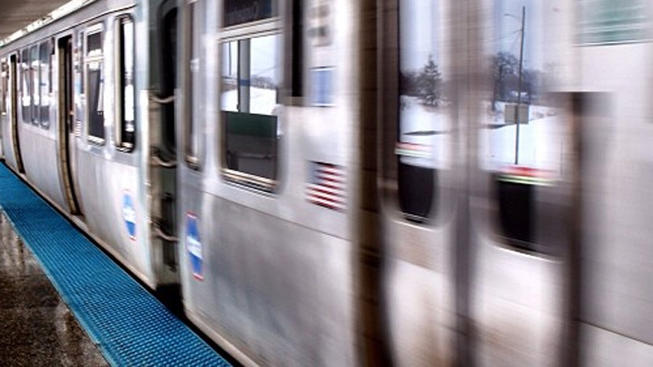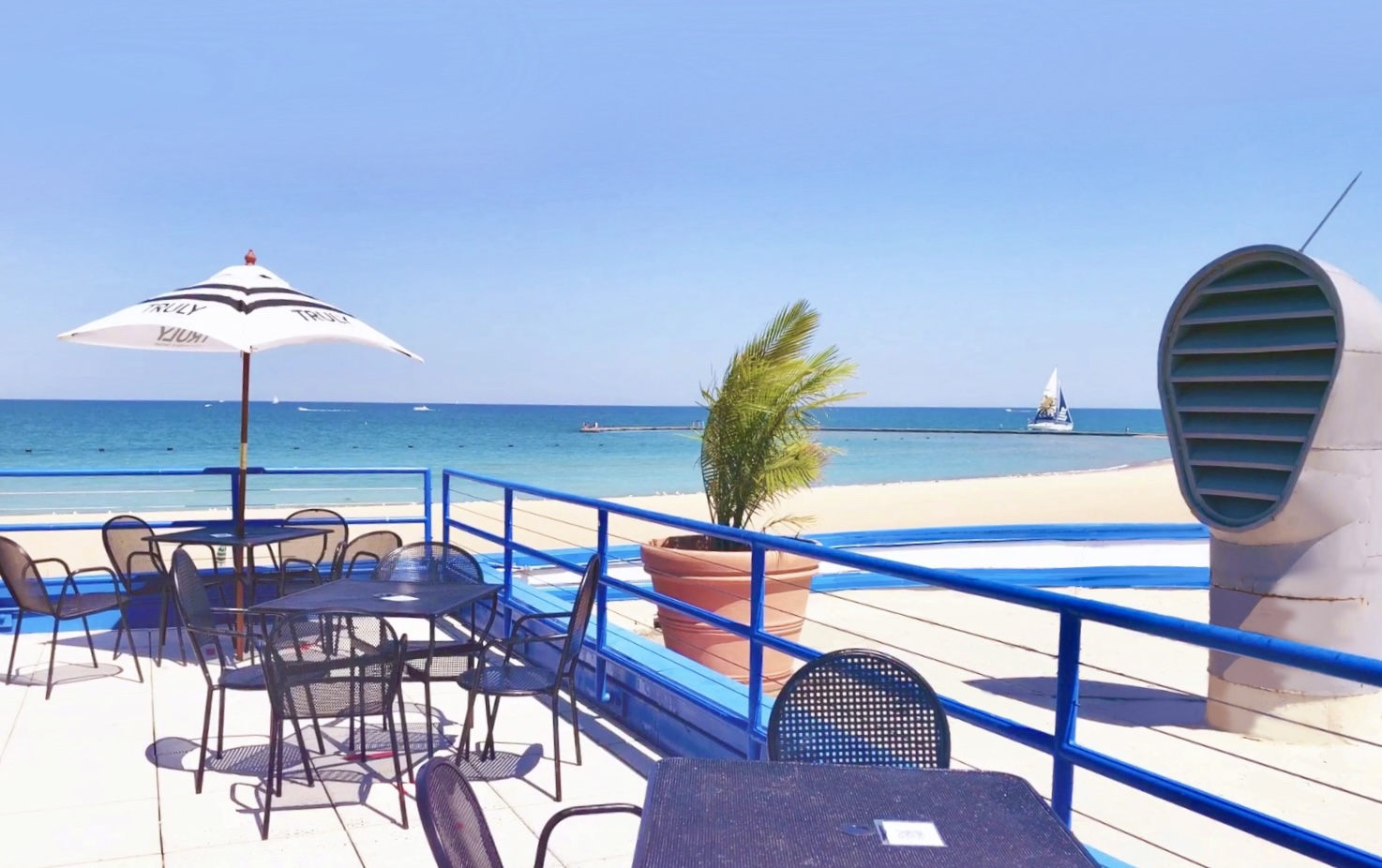A controversial private golf course designed by Jack Nicklaus and lauded as an economic engine on a plot of land in Benton Harbor that includes plans for housing on a former Superfund site is nine holes complete.
And still in court.
Earlier this month, local opponents of the park privatization filed a brief in a Grand Rapids federal court where they argued that developers had evaded federal law by chopping the 530-acre development into smaller pieces in an effort to avoid environmental review of the project the Michigan Messenger reports. They also argued that Benton Harbor residents and officials were swindled by the deal that involved a swap of 22 acres of dunes for a series of inland parcels that are contaminated with industrial chemicals. The plaintiffs say federal officials approved the deal without knowing the extent of the pollution on these parcels because state officials and developers did not disclose their assessments of the health risks associated with contact with the soil and water on these parcels.
This latest legal challenge hasn't stopped the project from moving ahead, though.
The Reader's Mick Dumke took a look for himself.
Nine holes opened last month, and when I was in town last weekend dozens of people had paid the $75 fee and were out giving them a try, Dumke writes.
I also got a glimpse of how the project is coming along. The course winds through areas of natural beauty and industrial development. This particular spot is at least a mile east of the lake, right on the banks of the Paw Paw River and just around the bend from a former Superfund site where houses are supposed to go up.
Local
Dumke has followed the project from the beginning, describing it as one in a number of attempts by rust belt cities to come to grips with their economic challenges.
The project was embraced by many local residents who welcomed investment of almost any kind, and it was bitterly opposed by others who were angry that it called for converting 22 acres of a public lakefront park into holes 7, 8, and 9 of the course," Dumke writes. "Supporters predicted it would produce hundreds if not thousands of new jobs; critics wondered what kind of jobs they'd be (watering the greens so the wealthy can golf?) and said it was short-sighted and wrong to sell off a publicly owned natural resource.
A court hearing is scheduled for this month; the rest of the course is scheduled to be ready for play next year.
Steve Rhodes is the proprietor of The Beachwood Reporter, a Chicago-centric news and culture review.



